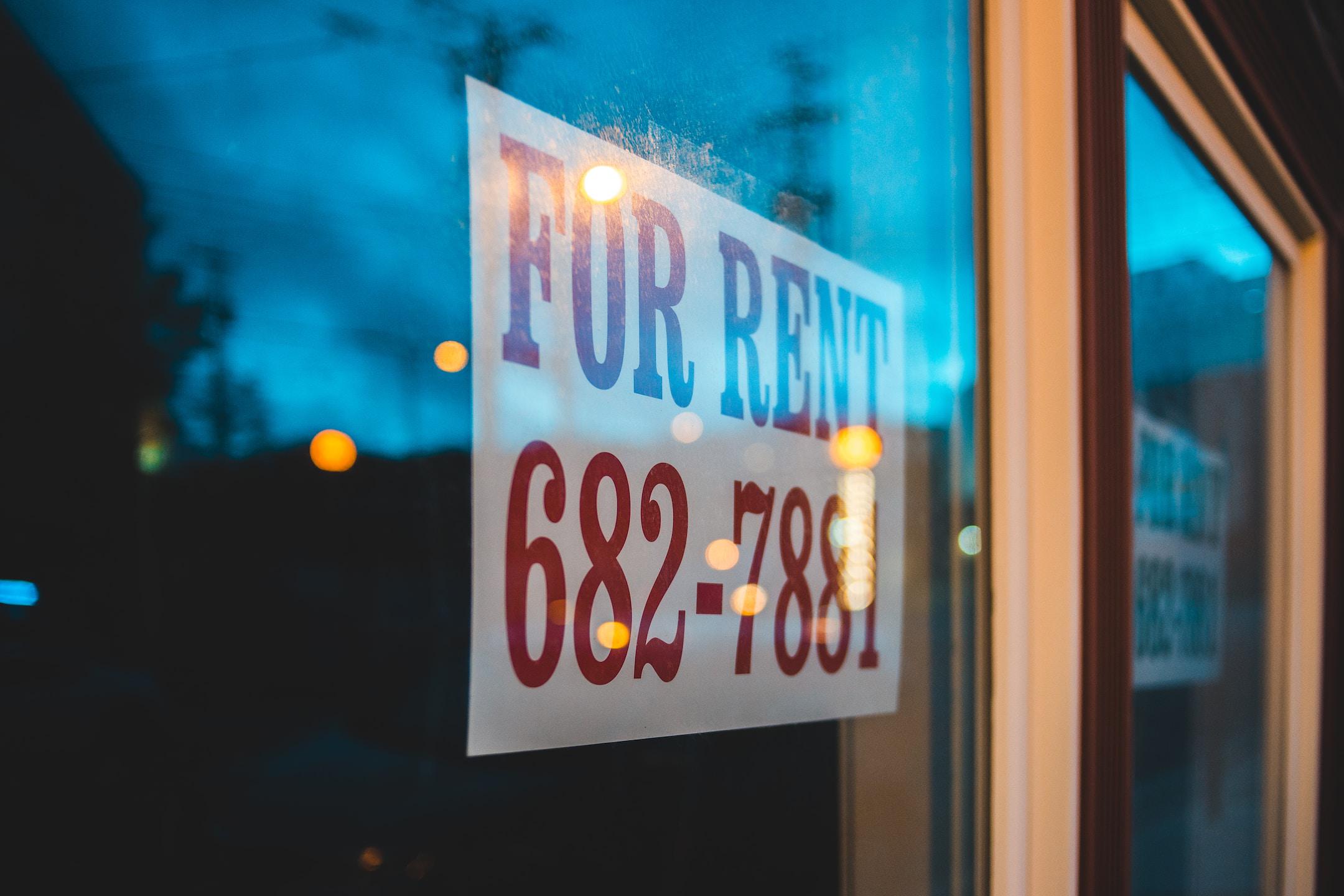
Staying up-to-date on changing laws is a never-ending task for landlords and tenants alike. But knowledge truly is power when it comes to navigating any landlord-tenant relationship smoothly and legally.
That's why at Vegas Valley Evictions, we want to have real, honest conversations about new regulations that impact our community and keep individuals informed on eviction services for landlords. We aim to educate both landlords and tenants on their rights and responsibilities under evolving legislation.
Our goal is always to foster constructive relationships grounded in understanding. That's the only way for landlords to run successful, compliant businesses and for tenants to feel secure in their homes.
With that mission in mind, let's dive into an important new law that Nevada legislators recently passed—Senate Bill 381. This law makes substantial changes to what landlords can and can't charge for property repairs and maintenance.
In essence, SB 381 prohibits landlords from charging tenants any fees related to repairs or maintenance that are legally the landlord's duty. This includes issues stemming from normal wear and tear. The law also specifies certain methods landlords cannot use to recoup these costs, like billing the tenant directly.
However, SB 381 does allow landlords to impose fees if damages resulted from deliberate destruction or negligence by the tenant. But these charges must be reasonable and directly related to the repair work needed.
SB 381 pertains specifically to maintenance and repairs tied to habitability. As outlined in the Nevada Revised Statutes, landlords must provide and maintain dwellings in a habitable condition. This includes:
Any fees or charges for issues related to these habitability standards are now prohibited under SB 381 if the problems stem from everyday wear and tear. However, the law does not apply to non-habitability repairs or optional amenities not vital for habitable conditions.
To avoid violations and potential disputes, landlords should:
While this law imposes restrictions, most well-intentioned landlords already aim to keep properties habitable. By understanding what is allowed and not allowed under SB 381, landlords can adjust practices accordingly. Proper compliance protects both parties.
For tenants, the primary benefits of SB 381 are:
However, tenants must still properly maintain their unit and avoid negligent property damages to avoid any related fees. Responsible use allows everyone to benefit.
Our team at Vegas Valley Evictions hopes this breakdown gives you a better understanding of SB 381. We always aim to keep our clients fully informed on the evolving legal landscape. Contact us anytime related questions arise so we can assist with compliance. Working together, landlords and tenants can build constructive relationships under Nevada's new maintenance rules.
 Vegas Valley Evictions
Vegas Valley Evictions
4330 S Valley View Blvd. #124
Las Vegas, NV 89103 US
© Vegas Valley Evictions LLC